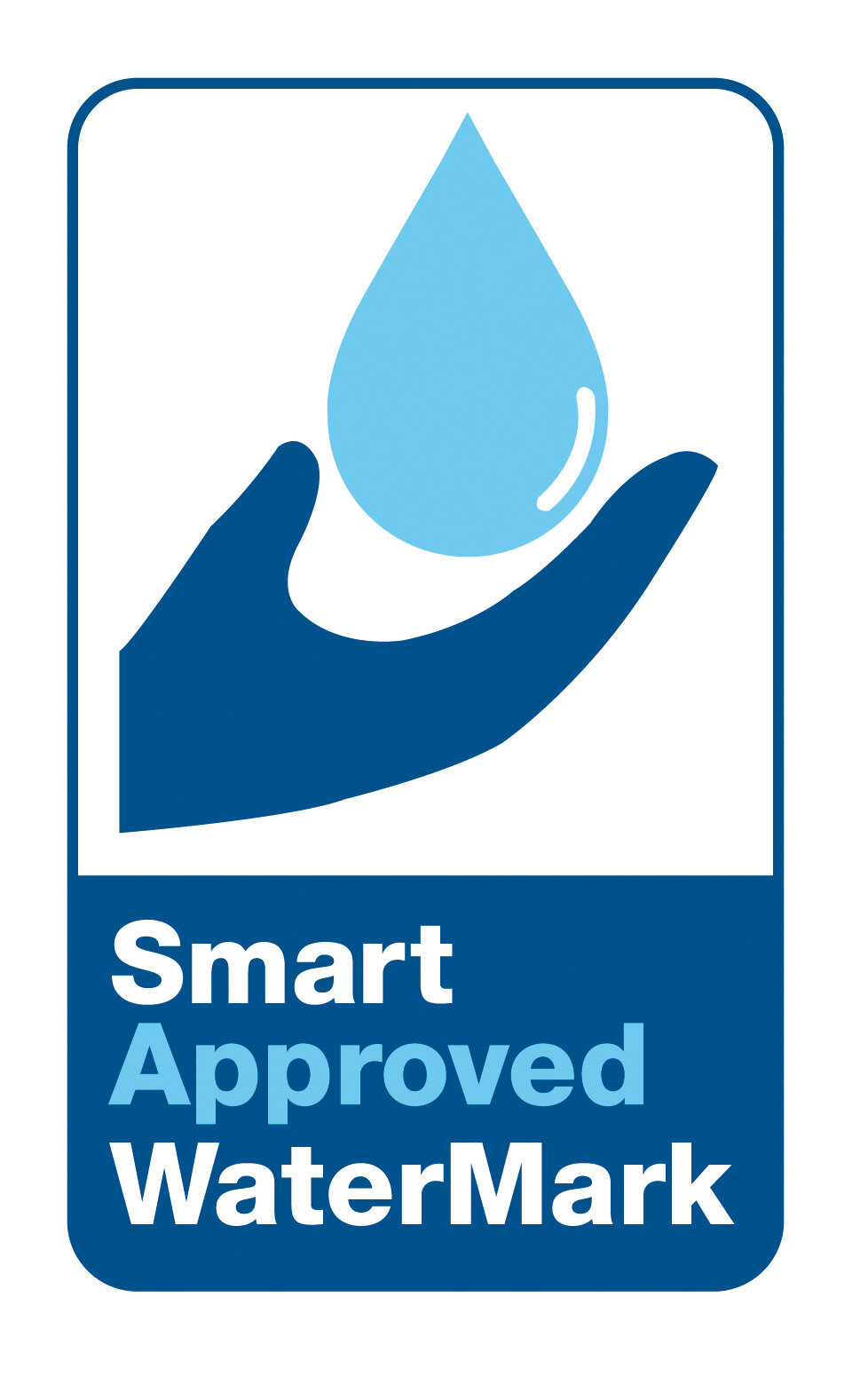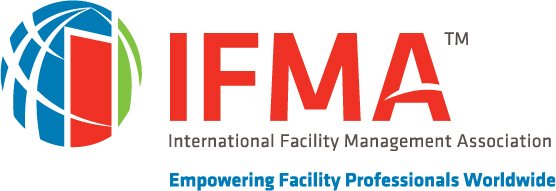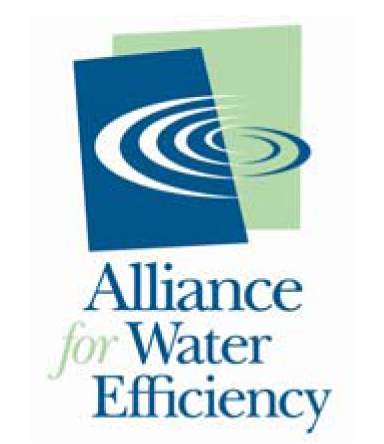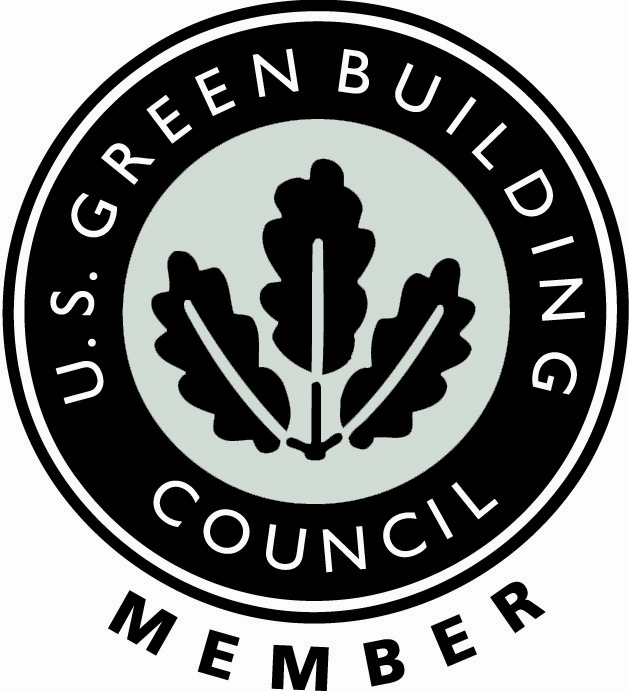Right before the Royal Jubilee Hospital was officially opened in Canada in 2004, alarm bells started ringing. It was discovered that there were more than 100 defective floor drains in the hospital. If the hospital had been fully opened, "it could have put patients and staff at risk for severe acute respiratory syndrome (SARS)," according to a local news reporter, Malcolm Curtis.
Fortunately, the situation was discovered and rectified soon enough that no illness was linked to the floor drain problem. What was happening, was that the drains on all floors in the hospital's diagnostic and treatment center, were inundated with what was called "smelly sewer gases escaping into the building," according to the reporter.
“The gases could contain viruses such as severe acute respiratory syndrome that can be transmitted through breathing, although hospital officials denied that patients were at risk."
As you probably know, the Hong Kong SARS epidemic was ending at about this same time. By then, nearly 800 people had died of the disease. When public health officials and others investigated the cause of the epidemic, they found it centered around one exceptionally large apartment complex, called the Amoy Apartments.
Apparently, what was happening is that sewer odor fumes, containing the pathogens that caused SARS, were being released through some of the apartment sink and floor drains. This occurred because the P-traps in these apartments, which generally were filled with water, had dried up. This literally opened the door to the sewer - and its odors and pathogens - below the building.
The building soon became the epicenter of the disease.
Concerns are now mounting today that something similar could happen with coronavirus. The pathogens that cause coronavirus are also being found in wastewater. This means that if the water in P-traps has evaporated, coronavirus pathogens could also be inhaled, spreading the disease and possibly causing even more deaths.
As for the Royal Jubilee Hospital, it appeared that the original drainpipes were not designed properly. To prevent sewer gasses from being released, the hospital staff was pouring water down the drains as often as once per day. This was not practical. As a result, hospital engineers began installing new drainpipes along with devices called “trap primer valves” under the more than 100 floor drains.
A trap primer valve is a plumbing device that adds a small amount of water to the P-trap on an ongoing basis. With these installed, hospital staff no longer needed to pour water down the drains daily.
While it was not reported how much it cost the hospital to install these, we can assume it was thousands of dollars. As a result, we are wondering if far less costly steps could have been taken that would not only have stopped the odors for months but would also have helped ensure the hospital staff and patients would not inhale harmful pathogens.
One far less costly option would be to pour a small amount of water and a few ounces of EverPrime liquid primer in the drains about every three to six months. EverPrime does not evaporate and can withstand extreme climate fluctuations, from very cold to extremely hot.
We are not sure when EverPrime was invented, so this may not have even been an option available to the hospital back in 2003. But fortunately, we have it today. This means no building administrators should ever have to grapple with dangerous sewer odors being released in their facilities again.











